-
 LearnAprende
LearnAprende
-
 MoviePelícula
MoviePelícula
-
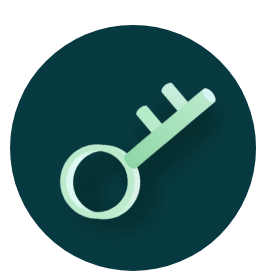 ToolkitHerramientas
ToolkitHerramientas
-
 Get Support
Consigue Ayuda
Get Support
Consigue Ayuda
 LearnAprende
LearnAprende
 MoviePelícula
MoviePelícula
 ToolkitHerramientas
ToolkitHerramientas
 Get Support
Consigue Ayuda
Get Support
Consigue Ayuda
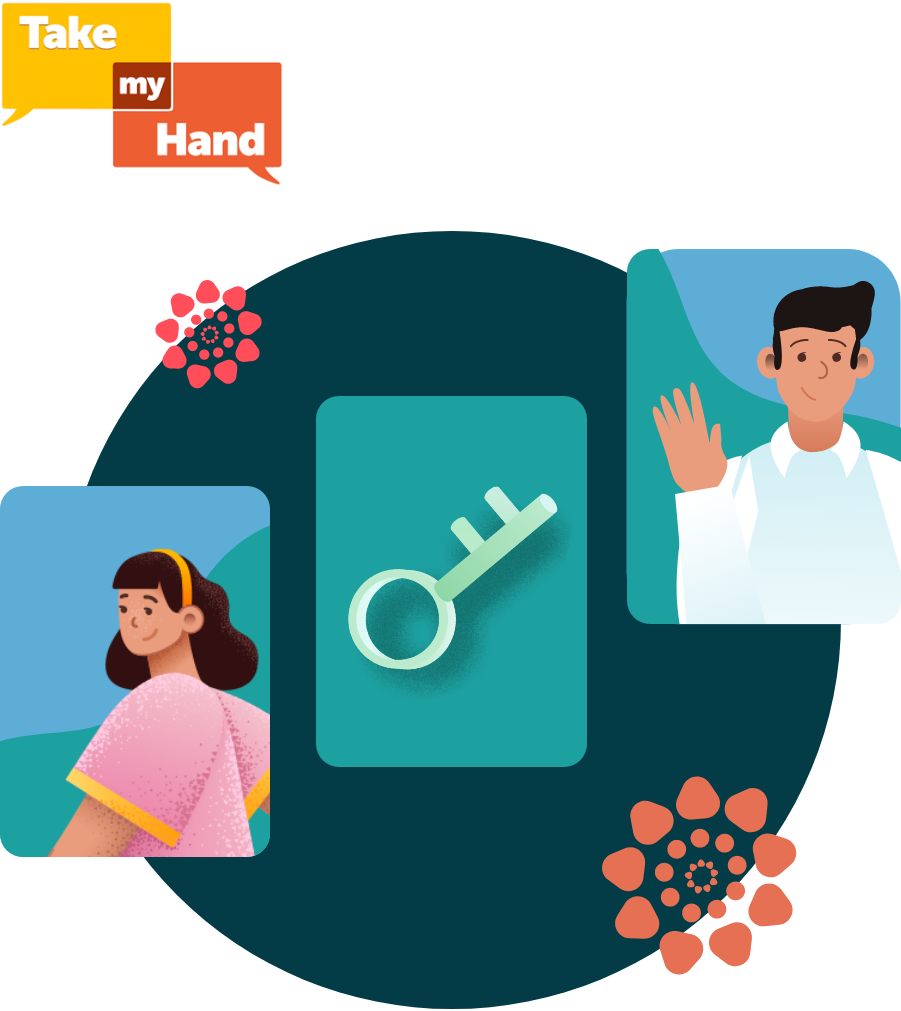
We've teamed up with TakemyHand to help you learn how to use La CLAve!
¡Hemos colaborado con TakemyHand para ayudarte a aprender a usar La CLAve!
Whether you're a caregiver or experiencing challenges from mental illness we can help!
Si tú eres un cuidador o alguien que está pasando por desafíos debido a una enfermedad mental, ¡podemos ayudarte!
What brings you to La CLAve?
¿Qué te trae a La CLAve?
I know or care for someone who may have mental health challenges. I would like to learn more about mental health and how to talk with others about it.
Conozco o cuido a alguien que pueda tener problemas de salud mental. Me gustaría aprender más sobre la salud mental y cómo hablar con otras personas al respecto.
I think I may be experiencing a serious mental illness. I want to know what the signs are so I can learn more about my mental health and seek prompt treatment, if needed.
Es posible que yo tenga una enfermedad mental grave. Quiero saber cuáles son los signos para poder aprender más sobre mi salud mental y buscar tratamiento inmediato, si es necesario.
I am a health care provider. I would like to initiate conversations about mental health with my clients, their families, and communities.
Soy un proveedor de servicios de salud. Me gustaría iniciar conversaciones sobre salud mental con mis clientes, sus familias y sus comunidades.
Learn about serious mental illness, how to identify it in your loved ones, coping strategies and treatment options.
Tap each icon to learn more!
Obten información sobre enfermedades mentales graves, cómo identificarlas en tus seres queridos, estrategias de afrontamiento y opciones de tratamiento.
¡Toca cada icono para obtener más información!
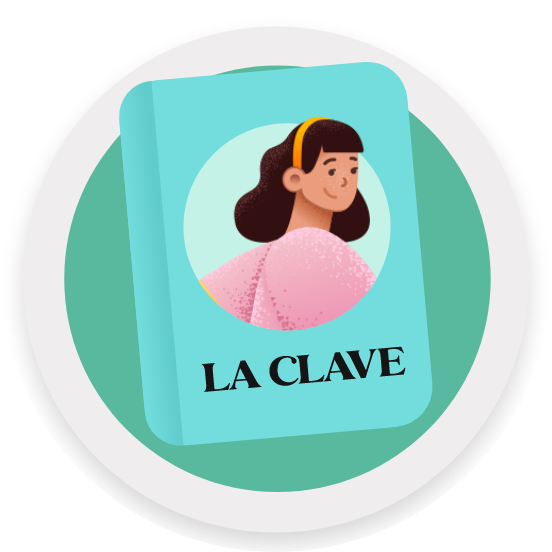
Learn La CLAve to recognize the signs and symptoms of a serious mental illness.
Aprende La CLAve para reconocer los signos y síntomas de una enfermedad mental grave.




Watch our videos to learn how to identify and talk about serious mental illness.
Mira nuestros videos para aprender a identificar y hablar sobre enfermedades mentales graves.

Find local treatment options for someone in your care
Encuentra opciones de tratamiento local para alguien bajo tu cuidado
Use La CLAve to help clients & caregivers navigate serious mental illness with resources, educational tools and videos.
Usa La CLAve para ayudar a los clientes y cuidadores a superar enfermedades mentales graves con recursos, herramientas educativas y videos.
Tap each icon to learn more!
¡Toca cada icono para obtener más información!

Learn La CLAve to recognize the signs and symptoms of a serious mental illness.
Aprende La CLAve para reconocer los signos y síntomas de una enfermedad mental grave.




Watch our videos to learn how to identify and talk about serious mental illness.
Mira nuestros videos para aprender a identificar y hablar sobre enfermedades mentales graves.

Find local treatment options for someone in your care
Encuentra opciones de tratamiento local para alguien bajo tu cuidado
You’re not alone! 1 in 10 people experience symptoms of serious mental illness. Help is available. Learn about serious mental illness. How to identify it and explore treatment options.
¡No estás solo! 1 de cada 10 personas experimenta síntomas de una enfermedad mental grave. Hay ayuda disponible. Infórmate sobre enfermedades mentales graves. Cómo identificarlas y explorar opciones de tratamiento.
Tap each icon to learn more!
¡Toca cada icono para obtener más información!

Learn La CLAve to recognize the signs and symptoms of a serious mental illness.
Aprende los primeros signos y cómo identificarlos




Watch our videos to learn how to identify if you have symptoms of La CLAve
Mira nuestros videos para saber cómo identificar si tienes síntomas de La CLAve

Find local treatment options. Early treatment prompts recovery.
Encuentra opciones de tratamiento locales. El tratamiento temprano promueve la recuperación.
La CLAve is a guide to the key symptoms of serious mental illness. In Spanish, 'la clave' refers to clue or key. The La CLAve guide was originally developed for a Spanish-speaking audience.
Listen to this audio and then click each letter below to learn more about each symptom.
La CLAve es una guía de los síntomas claves de las enfermedades mentales graves. En español, 'la clave' se refiere a pista. La guía La CLAve se desarrolló específicamente para una audiencia de habla hispana.
Escucha este audio y luego haz clic en cada letra a continuación para obtener más información sobre cada síntoma.



Click to learn about the C in La CLAve and how to identify this symptom.
Haz clic para aprender el significado de la C en La CLAve y cómo identificar este síntoma.


Click to learn about the L in La CLAve and how to identify this symptom.
Haz clic para aprender el significado de la L en La CLAve y cómo identificar este síntoma.


Click to learn about the A in La CLAve and how to identify this symptom.
Haz clic para aprender el significado de la A en La CLAve y cómo identificar este síntoma.


Click to learn about the "v" in La CLAve and how to identify this symptom.
Haz clic para aprender el significado de la "v" en La CLAve y cómo identificar este síntoma.


Click to learn about the "e" in La CLAve and how to identify this symptom.
Haz clic para aprender el significado de la "e" en La CLAve y cómo identificar este síntoma.
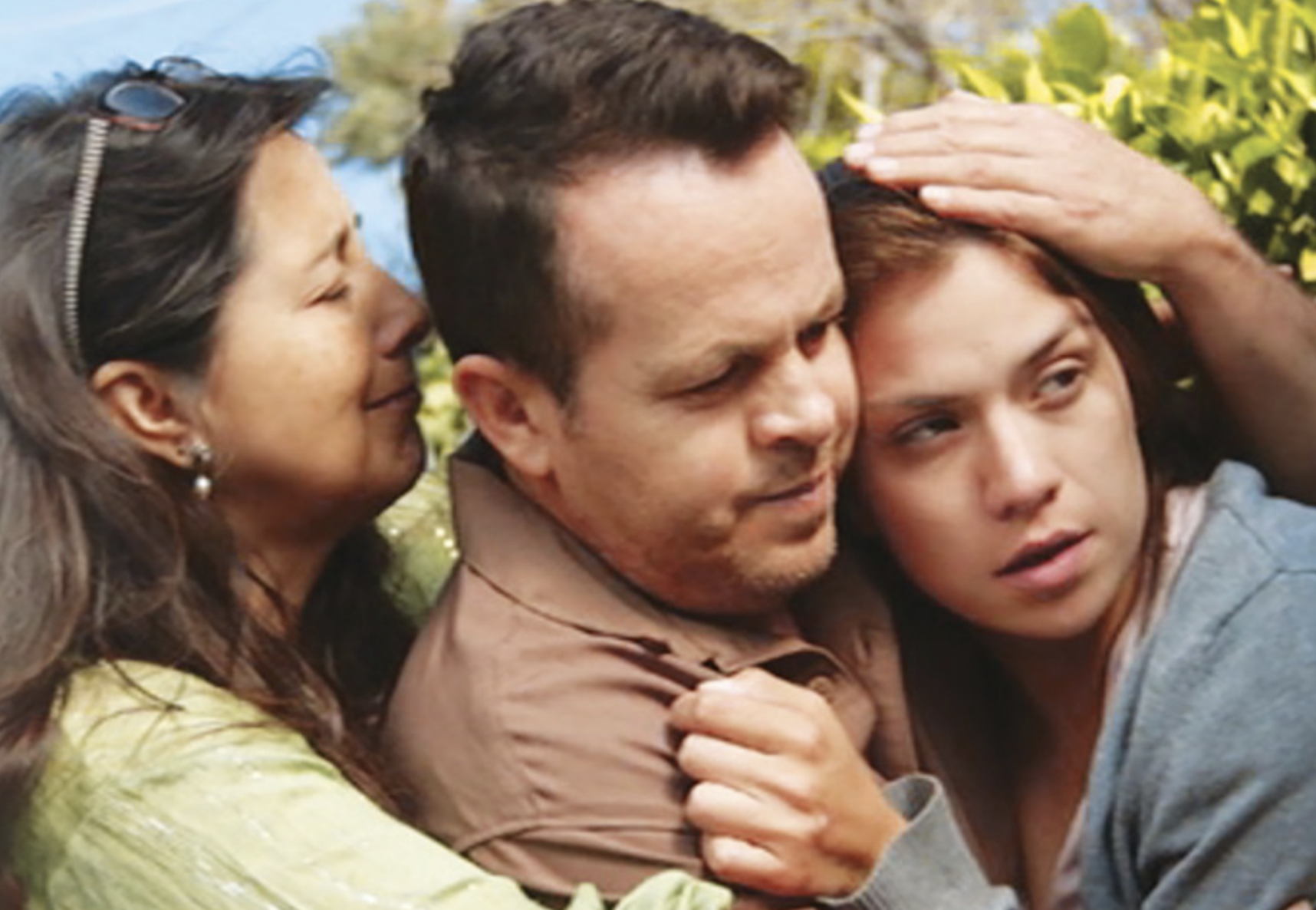
See serious mental illness in action in the fictional story of Adriana, a young mother dealing with the aftermath of her divorce.
Ve una enfermedad mental grave en acción en la historia ficticia de Adriana, una joven madre que está lidiando con las consecuencias de su divorcio.
See serious mental illness in action in the fictional story of Adriana, a young mother dealing with the aftermath of her divorce. This award-winning film both clearly depicts the key symptoms of serious mental illness and some barriers that families encounter in seeking prompt mental health care.
Ve una enfermedad mental grave en acción en la historia ficticia de Adriana, una joven madre lidiando con las consecuencias de su divorcio. Esta película premiada describe claramente los síntomas claves de una enfermedad mental grave y algunas barreras que puedan enfrentar las familias al buscar atención de salud mental inmediata.
La CLAve began as an initiative to help families identify the symptoms of serious mental illness in their loved ones and assist them in seeking early treatment.
La CLAve comenzó como una iniciativa para ayudar a las familias a identificar los síntomas de enfermedades mentales graves en sus seres queridos y ayudarlos a buscar un tratamiento temprano.
Learn more about serious mental illness and how to talk about it with these powerful learning tools.
Obten más información sobre enfermedades mentales graves y cómo hablar sobre ellas con estas poderosas herramientas de aprendizaje.
Expand your knowledge of mental illness.
Amplía tus conocimientos sobre las enfermedades mentales.

See serious mental illness in action in the fictional story of Adriana, a young mother dealing with the aftermath of her divorce.
Ve una enfermedad mental grave en acción en la historia ficticia de Adriana, una joven madre que está lidiando con las consecuencias de su divorcio.
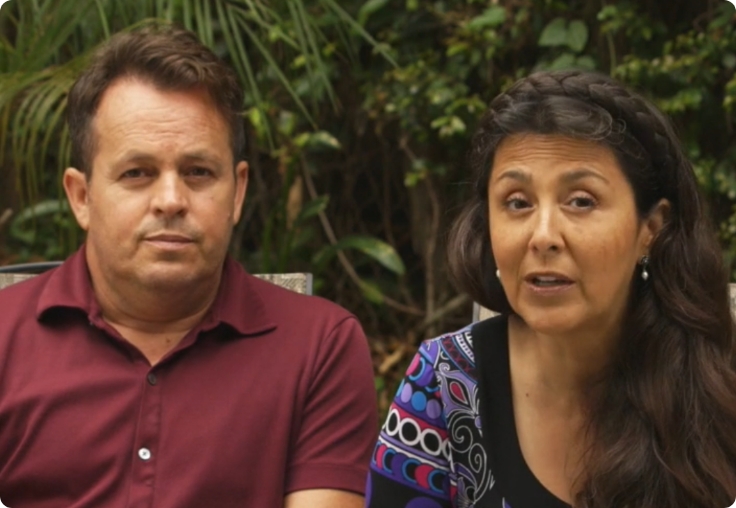
Learn to evaluate psychosis in this storytelling video
Aprende a identificar la psicosis en el repaso de la película

Take this informative class to learn more about the symptoms of serious mental illness and how to recognize them.
Toma esta clase informativa para aprender más sobre los síntomas de la enfermedad mental grave y como reconocerlos.
See if you can identify the signs
Ve cómo reconocer las señales

In this brief fictional story, the neighbor of Olga presents the mental health challenges Olga faces following her divorce.
En esta breve historia ficticia, la vecina de Olga presenta los desafíos de salud mental que enfrenta Olga después de su divorcio.

In this brief fictional story, Elsa's cousins recounts how losing her job and relationship with her boyfriend preceded symptoms of mental illness.
En esta breve historia ficticia, la prima de Elsa cuenta como la pérdida de su trabajo y la relación con su novio precedieron los síntomas de una enfermedad mental.
Take this self-Assessment to take your first step to your well-being.
Responde este Cuestionario para dar tu primer paso hacia tu bienestar.
In this 21-Question Self-Assesment you will learn if you have symptoms of La CLAve and we will show you how to get support.
En esta evaluación de 21 preguntas aprenderás si tienes síntomas de La CLAve y te mostraremos cómo obtener apoyo.
Get support to start living your best life. Studies show that getting treatment early is the key to getting serious mental illness under control.
Obten apoyo para comenzar a vivir tu mejor vida. Los estudios demuestran que recibir tratamiento temprano es la clave para controlar las enfermedades mentales graves.

Chat with a Certified Peer Support Specialist to get emotional support and ask to be connected to a clinic near you.
Chatea con un especialista certificado en apoyo para obtener apoyo emocional y solicita que te conecten con una clínica cerca de ti.
Chat with a Peer Chatea con un Companero de Apoyo
Explore treatment options and resources to help with serious mental illness. Studies show that getting treatment early is the key to getting serious mental illness under control.
Explora opciones de tratamiento y recursos para ayudar con enfermedades mentales graves. Los estudios demuestran que recibir tratamiento temprano es la clave para controlar las enfermedades mentales graves.
La CLAve: Movie is a 15-minute dramatic film based on the fictional story of Adriana, a young mother dealing with the aftermath of her divorce. This award-winning film both clearly depicts the key symptoms of serious mental illness and some barriers that families encounter in seeking prompt mental health care. It portrays Adriana's daily struggles and emotional turmoil as she begins to develop symptoms of a serious mental illness. As her problems progress, her young son and parents grapple with understanding what she is experiencing and how to help. With the assistance of a friendly neighbor and La CLAve, Adriana begins her recovery.
La CLAve es una película dramática de 15 minutos basada en la historia ficticia de Adriana, una joven madre lidiando con las secuelas de su divorcio. Esta película premiada describe claramente los síntomas claves de una enfermedad mental grave y algunas barreras que enfrentan las familias al buscar atención de salud mental inmediata. La película enfoca en las luchas diarias y la agitación emocional de Adriana cuando comienza a desarrollar síntomas de una enfermedad mental grave. A medida que avanzan sus problemas, su hijo pequeño y sus padres tratan de comprender lo que está pasando y cómo ayudarla. Con la ayuda de una vecina amiga y La CLAve, Adriana comienza su recuperación.


Check your knowledge in this brief recap of La CLAve symptoms.
Aprende a identificar la psicosis in el repaso de la película
La CLAve began as an initiative to help families identify the symptoms of serious mental illness in their loved ones and assist them in seeking early treatment.
La CLAve comenzó como una iniciativa para ayudar a las familias a identificar los síntomas de enfermedades mentales graves en sus seres queridos y ayudarlos a buscar un tratamiento temprano.
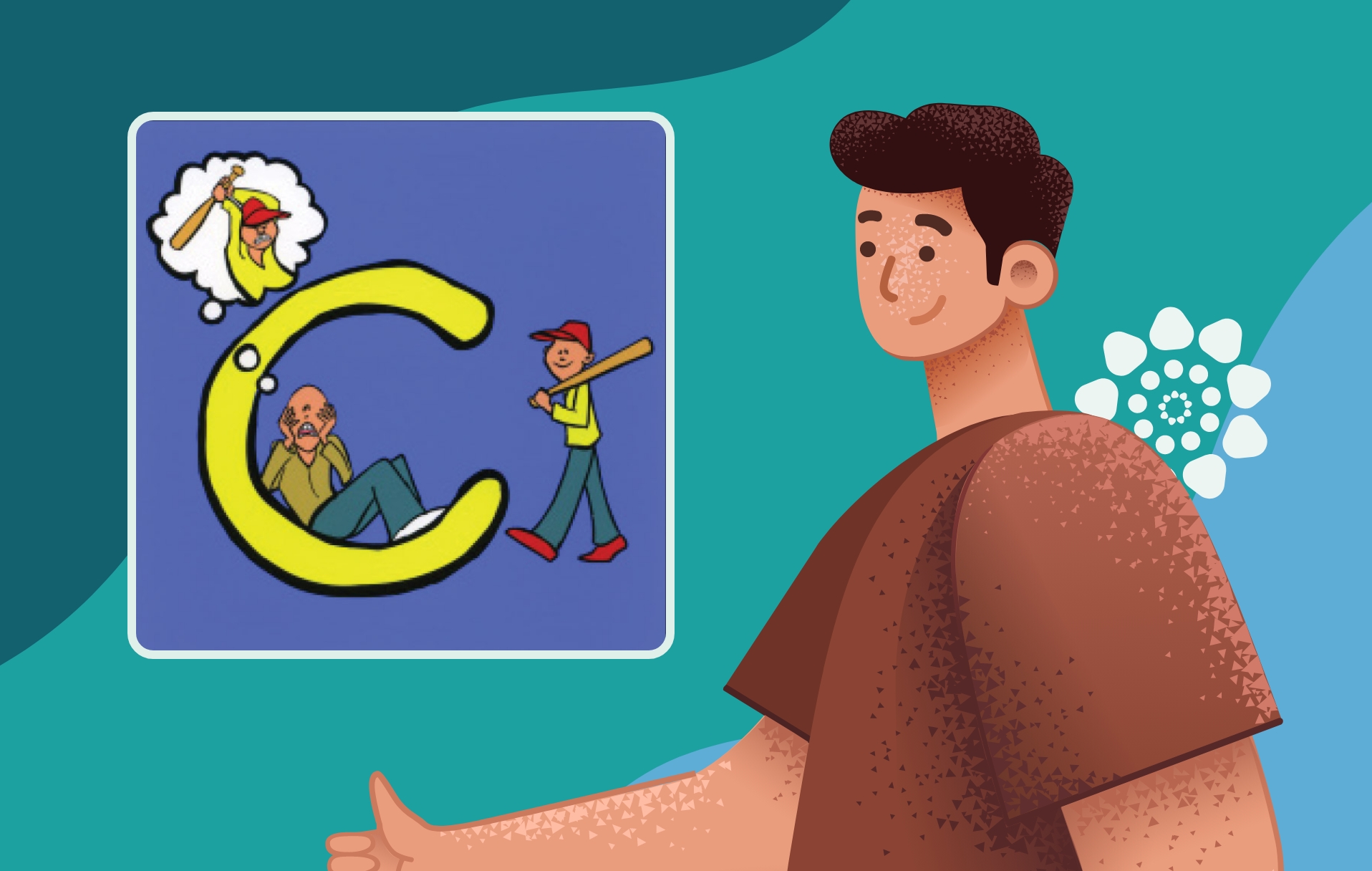
A delusion or false belief is the first symptom of a serious mental illness.
If you or someone you know is experiencing a false belief, it usually means that the person's mind is telling them that something exists that isn't real.
But they believe it is real.
People with serious mental illness have different types of false beliefs.
Oftentimes they think someone wants to harm them.
In serious cases they even believe that their family is trying to hurt them by doing witchcraft or wanting to poison them.
Also, they can even think that the devil is following them.
As you can see, these experiences can be very challenging for those with serious mental illness and their families. But you are not alone!
Creencias falsas son el primer síntoma de una enfermedad mental grave. Una creencia falsa es una idea absurda o irracional que una persona piensa es real. Por lo regular, las personas con enfermedades mentales graves tienen diferentes tipos de creencias falsas. Piensan que alguien les quiere hacer daño.
Por ejemplo, cuando salen de la casa, piensan que la gente los está mirando o persiguiendo. En casos muy graves, hasta llegan a pensar que su familia los quiere lastimar haciéndoles brujería o queriéndolos envenenar. También a veces piensan que el diablo los está persiguiendo.
Does any of this seem familiar to you? See an example of this symptom in action.
¿Algo de esto te parece familiar? Ve un ejemplo de este síntoma en acción.
Learn skills to talk about serious mental illness with your loved one.
Aprende habilidades para hablar sobre enfermedades mentales graves con tu ser querido.
Learn skills to communicate effectively about serious mental illness with your clients.
Aprende habilidades para comunicarte de manera efectiva sobre problemas mentales serios. enfermedad con sus clientes.
Often those who seek treatment early recover faster. Discover treatment options.
A menudo, quienes buscan tratamiento temprano se recuperan más rápido. Descubre opciones de tratamiento.
Click the button below to learn the next symptom of La CLAve
Haz clic en el botón de abajo para aprender el siguiente síntoma de La CLAve
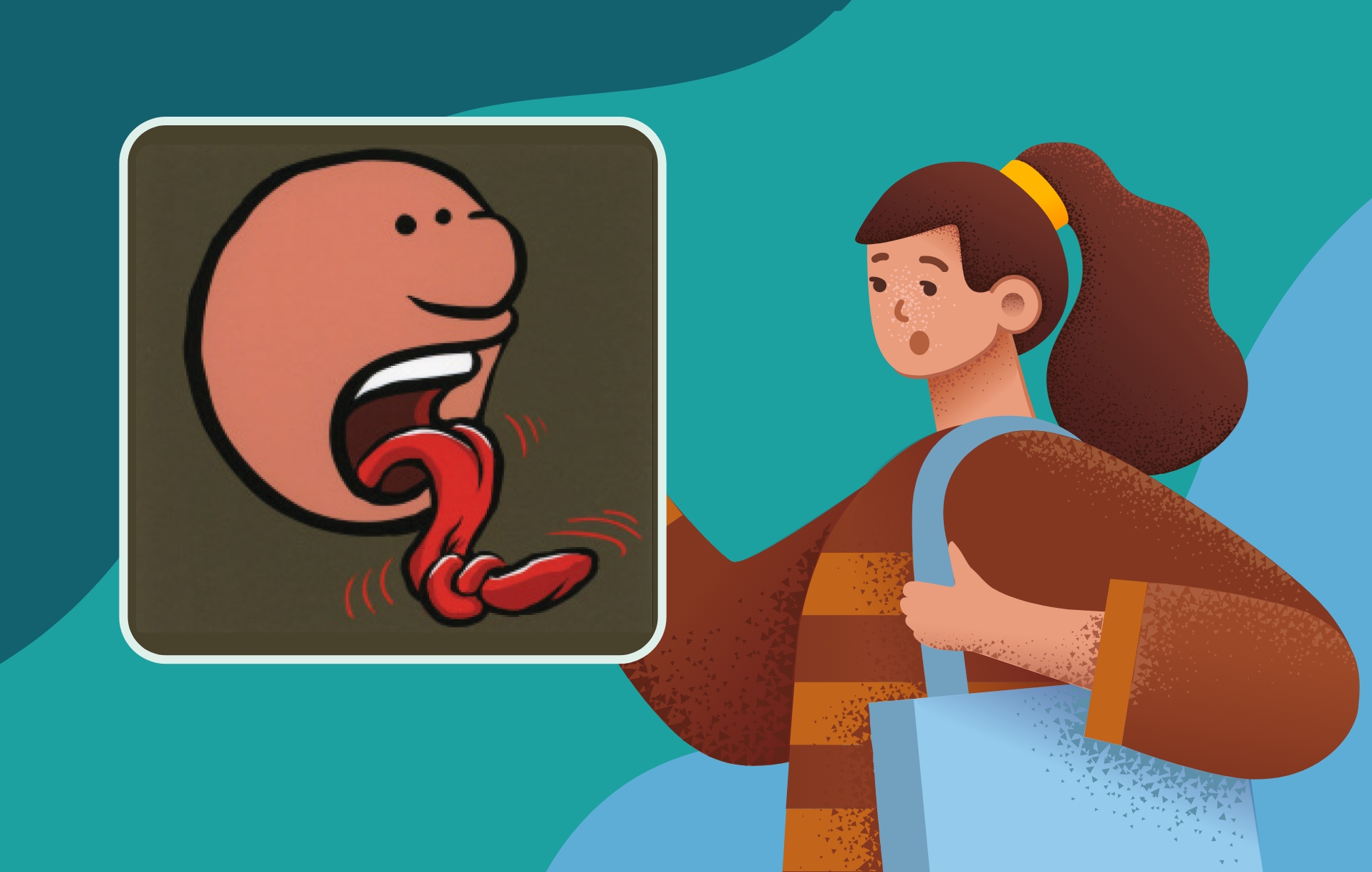
Disorganized speech is the second symptom of a serious mental illness
corresponding to the letter "L" of the word CLAve.Persons with serious mental illness at times talk in an incoherent manner. What they say doesn't make sense and a lot of times they go from one idea to another without relating those ideas.
Lenguaje desorganizado es el segundo síntoma de una enfermedad mental grave y corresponde a la letra "L" de la palabra CLAve. Personas con una enfermedad mental grave hablan en un modo incoherente. Lo que dicen no hace sentido y muchas veces van de untema a otro, sin conectarlos.
Does any of this seem familiar to you? See an example of this symptom in action.
¿Algo de esto te parece familiar? Ve un ejemplo de este síntoma en acción.
Learn skills to talk about serious mental illness with your loved one.
Aprende habilidades para hablar sobre enfermedades mentales graves con tu ser querido.
Learn skills to communicate effectively about serious mental illness with your clients.
Aprende habilidades para comunicarte de manera efectiva sobre problemas mentales serios. enfermedad con sus clientes.
Click the button below to learn the next symptom of La CLAve
Haz clic en el botón de abajo para aprender el siguiente síntoma de La CLAve
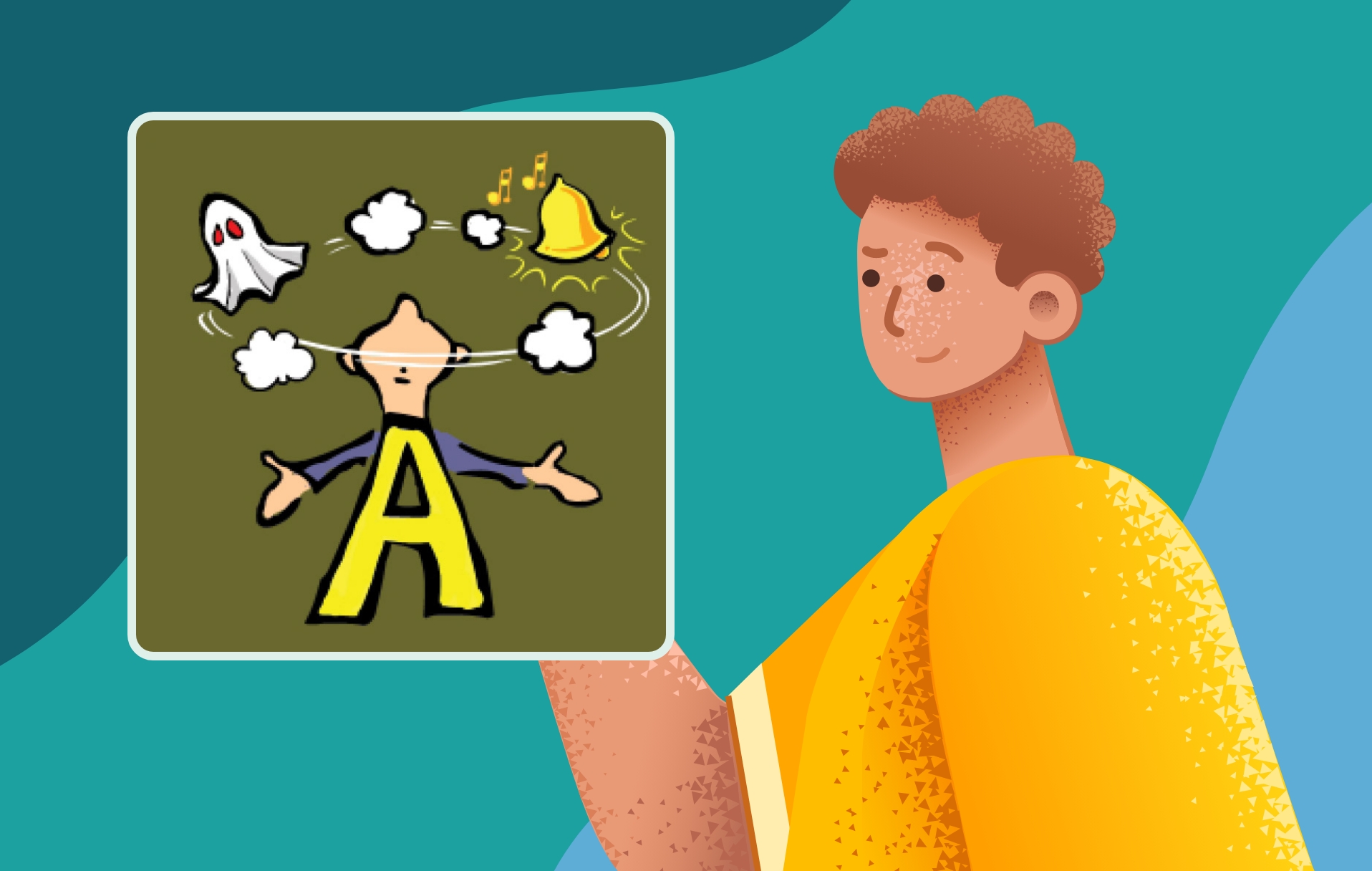
Hallucinations represent the third symptom class of serious mental illness corresponding to the letter "A" of the word CLAve.
Hallucinations is seeing or hearing someone or something that others don't see or hear. The letters "v" and "e" of the word CLAve indicate the two types of hallucinations.
Alucinaciones son el tercer síntoma de la enfermedad mental grave y corresponden a la letra "A" en la palabra CLAve. Alucinaciones son cuando alguien ve o escucha a alguien o a algo que otros no ven ni escuchan. Las letras "v" y "e" de la palabra CLAve indican los dos tipos de alucinaciones.
Does any of this seem familiar to you? See an example of this symptom in action.
¿Algo de esto te parece familiar? Ve un ejemplo de este síntoma en acción.
Learn skills to talk about serious mental illness with your loved one.
Aprende habilidades para hablar sobre enfermedades mentales graves con tu ser querido.
Learn skills to communicate effectively about serious mental illness with your clients.
Aprende habilidades para comunicarte de manera efectiva sobre problemas mentales serios. enfermedad con sus clientes.
Click the button below to learn the next symptom of La CLAve
Haz clic en el botón de abajo para aprender el siguiente síntoma de La CLAve
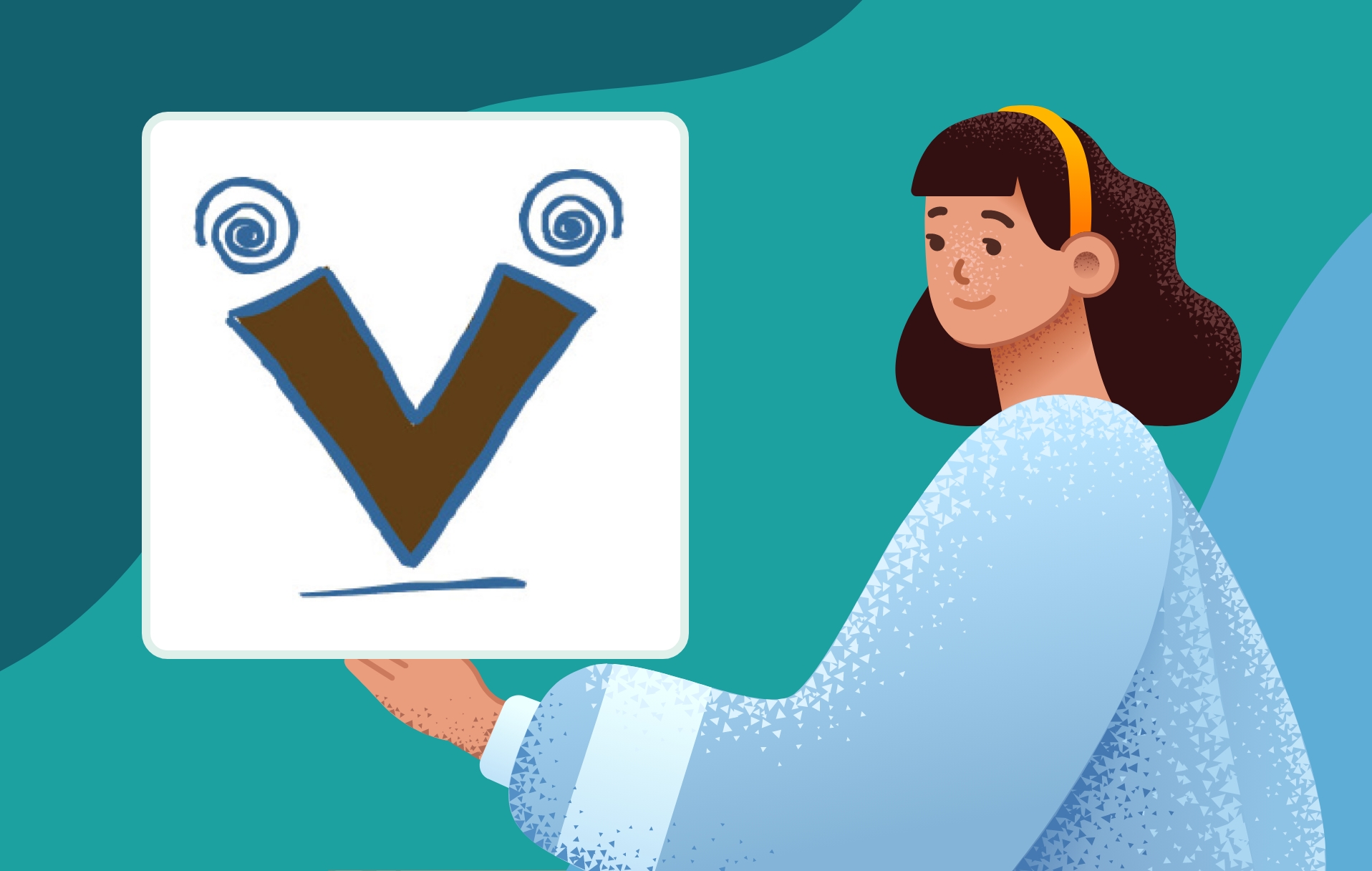
The "V" represents hallucinations of seeing things that don't exist.
For example, a person may say that they see people, things, lights, or spirits that are not there. They may also see things in a distorted way.
Specific Example: "I saw my dead father but no one else in the room saw him. I know he was there. It scared me."
La "V" representa alucinaciones de ver cosas que no existen. Por ejemplo, una persona quizás dice que ve gente, cosas, luces, o espíritus que no están allí. También, pueden ver cosas en un modo distorsionado.
Ejemplo específico: "Vi a mi padre muerto, pero nadie más en la habitación lo vio. Yo sé que él estaba allí. Me asustó."
Click the button below to learn the next symptom of La CLAve
Haz clic en el botón de abajo para aprender el siguiente síntoma de La CLAve
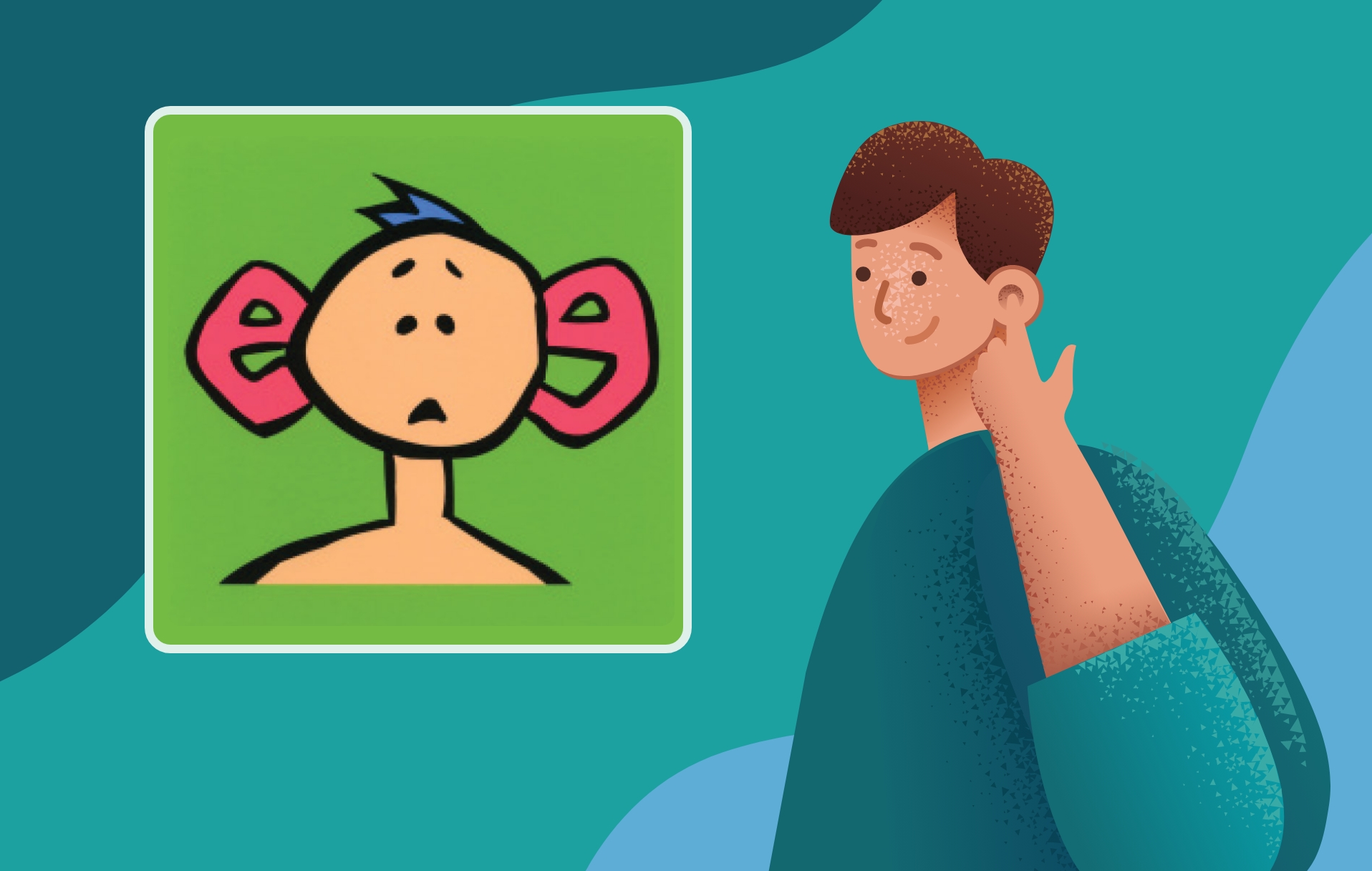
Example: "I was hearing this man yelling at me, swearing at me. But I was alone."
The "E" represents hearing voices or sounds. For example, a person may hear voices, sounds, or laughter that do not exist. They may say that the voices tell them to do things and you may hear them speaking to these "voices" as if someone was really there.
La "E" representa alucinaciones en modo de escuchar voces, sonidos, o hablar con alguien que no está presente. Porejemplo, una persona puede escuchar voces, sonidos, o risa que no existe. Pueden decir que las voces les dicen que hagan algo y los puedes escuchar hablándoles a estas "voces" como si alguien estuviera allí.
Ejemplo: "Yo estaba escuchando a este hombre gritándome y insultándome. Pero yo estaba solo."
You now know the symptoms of serious mental illness and how it can affect people's lives. Watch the La CLAve film to see serious mental illness in action.
Ahora conoce los síntomas de los trastornos mentales graves. enfermedad y cómo puede afectar la vida de las personas. Mira la La CLAve película para ver la enfermedad mental grave en acción.
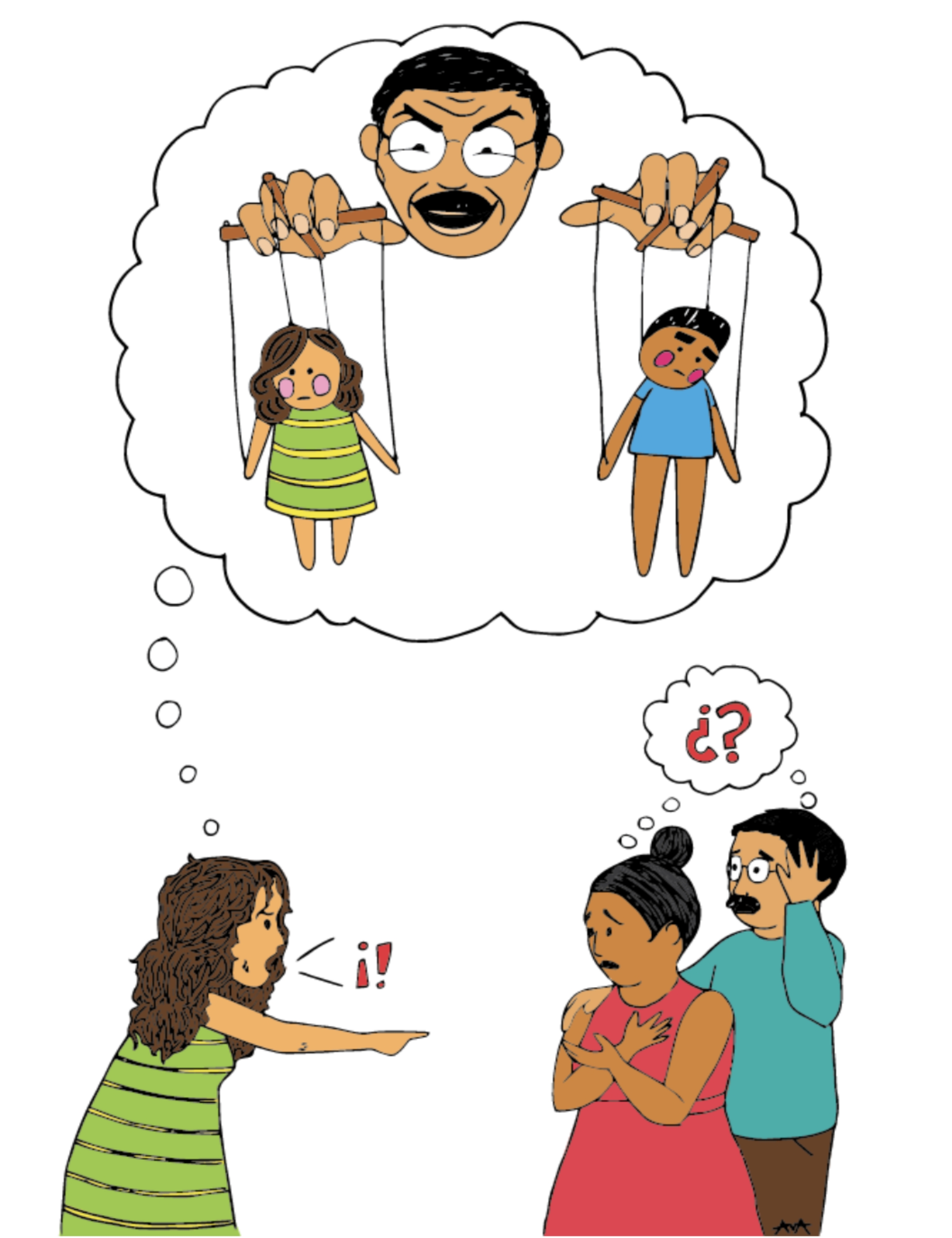
"Olga accuses her parents of witchcraft"
Olga: "I knew it! You both caused my divorce with Ricardo! You put us under that withchcraft all along. I knew it!"
Father: "Oh Olga, hija, that is not true. We love you and cannot even think of harming you. We will never do such thing to you. Do not think that way. We are here to help."
Olga: "No! I could read minds and I know what you're thinking about me. I know the truth!"
"Olga acusa a sus padres de brujería"
Olga: "Lo sabía! Ustedes causaron mi divorcio con Ricardo! Tú me pusiste un trabajo de brujería, lo sabía!"
Padre: "O Olga, mija, eso no es cierto. Te queremos mucho y jamás pensaríamos en lastimarte. Nunca te haríamos una cosa así. No pienses así. Estamos aquí para ayudarte."
Olga: "No! Yo puedo leer mentes y sé que piensan de mí. Yo sé la verdad!"
Click the button below to learn the next symptom of La CLAve
Haz clic en el botón de abajo para aprender el siguiente síntoma de La CLAve
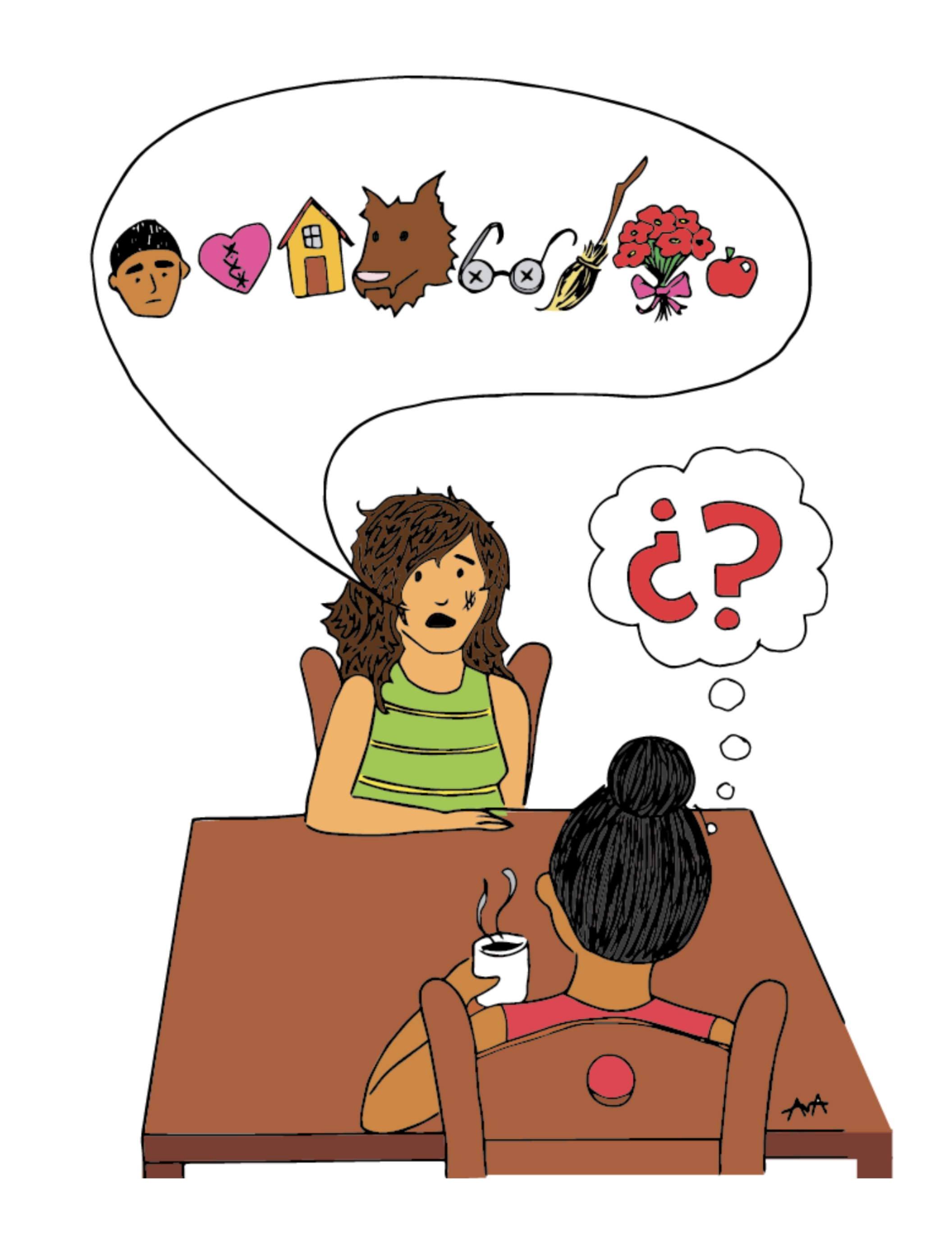
"Olga speaks and makes no sense"
Mother: "Olga, do you still have feelings for Ricardo?""
Olga: "Well, Ricardo is my husband and the other day he stopped by then I heard the dog barking but he didn't bite me. Dad said he doesn't want to see him around here. Did you know that I like flowers?""
Mother: "Huh?!"
"Olga habla sin sentido"
Madre: "Olga, todavía quieres a Ricardo?"
Olga: "Pues, Ricardo es mi esposo y el otro día pasó por la casa y luego escuché el perro ladrar pero no me mordió. Mi papá dijo que no lo quiere ver por aquí. ¿Sabías que a mí me gustan las flores?"
Madre: "Que?!"
Click the button below to learn the next symptom of La CLAve
Haz clic en el botón de abajo para aprender el siguiente síntoma de La CLAve
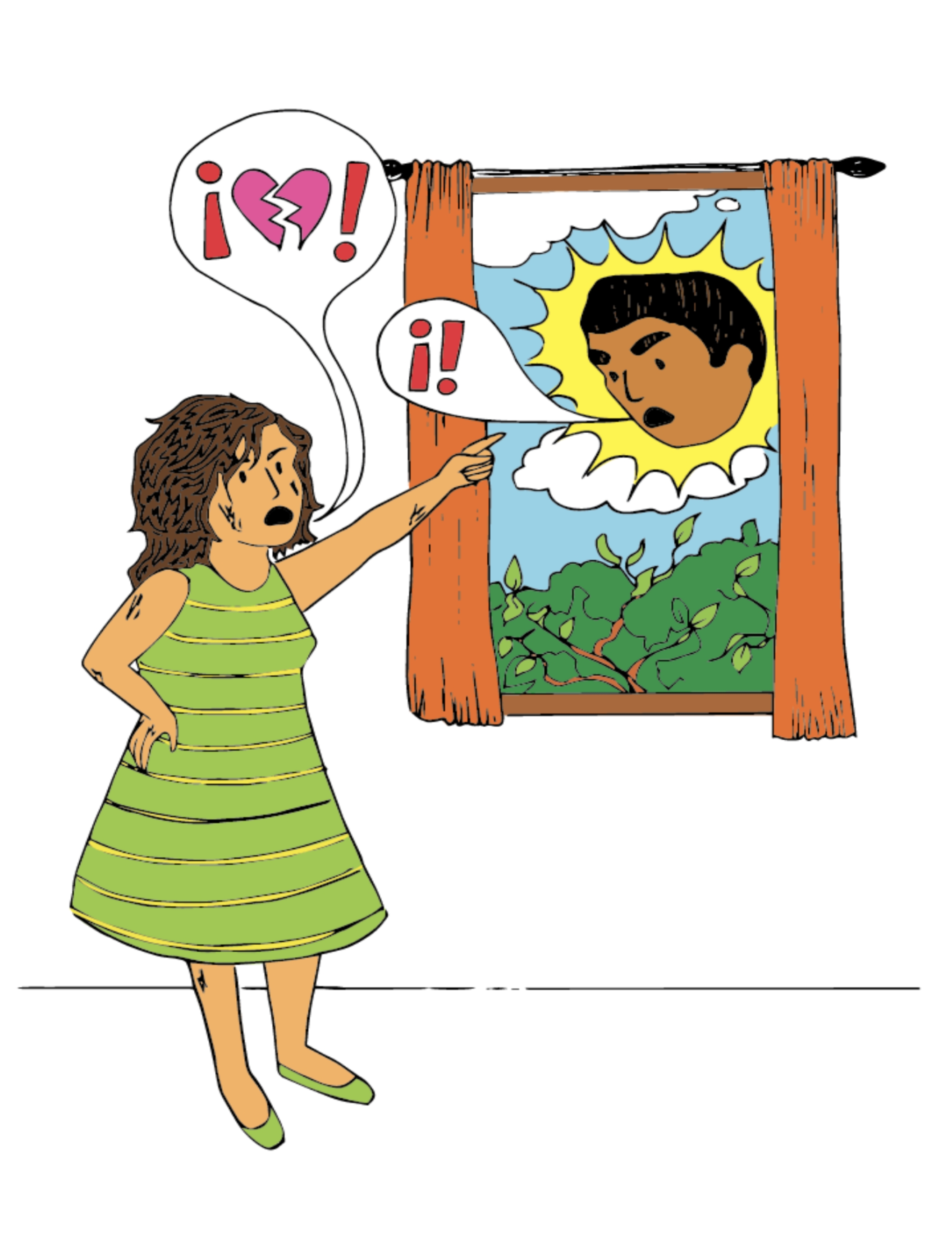
"Olga sees and speaks with Ricardo"
God Mother:"Ever since Olga moved back with us, we see her talking to her husband…"
Olga: "Ricardo, you betrayed me! Why did you listen to my parents? Didn't you know that they are doing all sorts of things to control me!"
"Olga ve y habla con Ricardo"
Comadre: "Desde que Olga regresó a vivir con sus padres de nuevo, dicen que ella se pone a platicar con su esposo, aunque él no está allí. Ella no solo ve a Ricardo, pero también escucha su voz!"
Olga: "Ricardo, me traicionaste! Porqué les hiciste caso a mis padres? No sabías que ellos me estaban haciendo cosas para controlarme!"
Hallucinations is split into two sub groups making the "V" and "E" of La CLAve. Learn to recognize the "V" by reading below
Haz clic en el botón de abajo para aprender el siguiente síntoma de La CLAve
In this brief fictional story, the neighbor of Olga presents the mental health challenges Olga faces following her divorce. For further practice in using La CLAve, see if you can identify whether Olga may have a serious mental illness.
En esta breve historia ficticia, la vecina de Olga presenta los desafíos de salud mental que enfrentan a Olga después de que fue a vivir con sus padres. Para practicar más el uso de La CLAve, ve si puedes identificar si Olga pueda tener una enfermedad mental grave.


In this brief fictional story, Elsa's cousins recounts how losing her job and relationship with her boyfriend preceded symptoms of mental illness.
En esta breve historia ficticia, la prima de Elsa cuenta como la pérdida de su trabajo y la relación con su novio precedieron los síntomas de una enfermedad mental.
If you want to learn more about recognizing serious mental illness click here to visit our toolkit that has additional videos.
If you want to learn how to get support for yourself or a loved one, click here.
La CLAve began as an initiative to help families identify the symptoms of serious mental illness in their loved ones and assist them in seeking early treatment.
La CLAve comenzó como una iniciativa para ayudar a las familias a identificar los síntomas de enfermedades mentales graves en sus seres queridos y ayudarlos a buscar un tratamiento temprano.
In this brief fictional story, Elsa's cousins recounts how losing her job and relationship with her boyfriend preceded symptoms of mental illness. For additional practice in applying La CLAve, review the video and see if you can identify the La CLAve indicators.
Watch this film to learn about serious mental illness and how to identify the clue in you or someone you love.
En esta breve historia ficticia, la prima de Elsa cuenta cómo la pérdida de su trabajo y la relación con su novio precedieron los síntomas de una enfermedad mental. Para práctica adicional en la aplicación de La CLAve, revisa el video y ve si puedes identificar los indicadores de La CLAve.


In this brief fictional story, the neighbor of Olga presents the mental health challenges Olga faces following her divorce.
En esta breve historia ficticia, la vecina de Olga presenta los desafíos de salud mental que enfrenta Olga después de su divorcio.
If you want to learn more about recognizing serious mental illness click here to visit our toolkit that has additional videos.
If you want to learn how to get support for yourself or a loved one, click here.
La CLAve began as an initiative to help families identify the symptoms of serious mental illness in their loved ones and assist them in seeking early treatment.
La CLAve comenzó como una iniciativa para ayudar a las familias a identificar los síntomas de enfermedades mentales graves en sus seres queridos y ayudarlos a buscar un tratamiento temprano.
In this video, the parents of Adriana revisit how "La CLAve" helped them recognize that their daughter had a serious mental illness. They point out the key indicators of La CLAve that Adriana expressed. See if you identified the key symptoms in Adriana as well.
En este video, los padres de Adriana repasan cómo "La CLAve" los ayudó a reconocer que su hija padecía de una enfermedad mental grave. Ellos señalan los indicadores principales de La CLAve que expresó Adriana. Ve si también tú identificaste los síntomas claves de Adriana.


Take this informative class to learn more about the symptoms of serious mental illness and how to recognize them.
Toma esta clase informativa para aprender más sobre los síntomas de la enfermedad mental grave y como reconocerlos.
If you want to learn more about recognizing serious mental illness click here to visit our toolkit that has additional videos.
If you want to learn how to get support for yourself or a loved one, click here.
La CLAve began as an initiative to help families identify the symptoms of serious mental illness in their loved ones and assist them in seeking early treatment.
La CLAve comenzó como una iniciativa para ayudar a las familias a identificar los síntomas de enfermedades mentales graves en sus seres queridos y ayudarlos a buscar un tratamiento temprano.
Popular cultural icons drawn from television (Chespirito), film (Cantinflas), music (e.g., Maná and Ruben Blades) and art (Rufino Tamayo) are used to present the signs of serious mental illness. In addition, examples are included of how families fail to recognize serious mental illness in their loved ones. The video provides a compelling rationale for the importance of obtaining prompt care for serious mental illness.
Se utilizan íconos culturales populares extraídos de la televisión (Chespirito), el cine (Cantinflas), la música (por ejemplo, Maná y Rubén Blades) y el arte (Rufino Tamayo) para presentar los signos de una enfermedad mental grave. Además, se incluyen ejemplos de cómo las familias no reconocen enfermedades mentales graves en sus seres queridos. El video proporciona una justificación convincente de la importancia de obtener atención inmediata para enfermedades mentales graves.


In this brief fictional story, the neighbor of Olga presents the mental health challenges Olga faces following her divorce.
En esta breve historia ficticia, la vecina de Olga presenta los desafíos de salud mental que enfrenta Olga después de su divorcio.
If you want to learn more about recognizing serious mental illness click here to visit our toolkit that has additional videos.
If you want to learn how to get support for yourself or a loved one, click here.
La CLAve began as an initiative to help families identify the symptoms of serious mental illness in their loved ones and assist them in seeking early treatment.
La CLAve comenzó como una iniciativa para ayudar a las familias a identificar los síntomas de enfermedades mentales graves en sus seres queridos y ayudarlos a buscar un tratamiento temprano.
Use the "sandwich" approach in talking with persons who experience false beliefs. Say something positive, share your concern, and then end with something positive. Do not challenge the belief. Here is the middle part of the "sandwich".
I noticed that your thoughts about x are beginning to concern you quite a bit. I also see that those thoughts might be taking you away from what you most want to do. (do well in school, work, relationships, hobbies). I think it might be best if you get some help to figure out how to not let those thoughts get in your way of doing what you most love to do.
Usa el enfoque de "sándwich" al hablar con personas que experimentan creencias falsas. Di algo positivo, comparte tu preocupación y luego termina con algo positivo. No desafíes la creencia. Aquí está la parte media del "sándwich". Me di cuenta de que tus pensamientos sobre x comienzan a preocuparte bastante.
También veo que esos pensamientos pueden estar alejándote de lo que más quieres hacer. (salir bien en la escuela, el trabajo, las relaciones, los pasatiempos). Creo que sería mejor si obtengas ayuda para descubrir cómo no dejar que esos pensamientos se interpongan en tu forma de hacer lo que más te gusta hacer.
"I noticed when we just spoke that I had a hard time understanding what you said. If it occurs another time, I would like to set up an appointment with our doctor to see you. It's best to address these kinds of experiences early on and not wait for it to develop further."
"Me di cuenta cuando acabamos de hablar que me costaba trabajo entender lo que dijiste. Si ocurre en otro momento, me gustaría programar una cita con nuestro médico para verte. Es mejor abordar este tipo de experiencias desde el principio y no esperar a que se desarrolle más"
Use the "sandwich" approach again. Here is an illustration of the middle part.
I am noticing that you seem very preoccupied lately. It seems like you have a lot on your mind and it seems to be taking away from what you really enjoy doing (sports, relationships, school, hobbies). Let's see our doctor to identify what might be going on so that you can give your full attention to what you love.
Utiliza el enfoque de "sándwich" de nuevo. Aquí hay una ilustración de la parte media.
Me doy cuenta de que pareces muy preocupado últimamente. Parece que tienes muchas cosas en la mente y parece que te están quitando lo que realmente disfrutas hacer (deportes, relaciones, escuela, pasatiempos). Veamos a nuestro médico para identificar lo que podría estar pasando para que puedas prestar toda tu atención a lo que te motiva.
Have you had experiences with telepathy, psychic forces, or fortune telling?
You scored less than 20. Your results indicate that you have none or very few signs of psychosis.*
Obtuviste una puntuación inferior a 20. Tus resultados indican que tienes muy pocos o ningún signo de psicosis.

If something changes you may want to take the assessment again and remember, you can always chat with a peer support specialist about your emotional wellness.
Si algo cambia, es posible que desee contestar las preguntas del cuestionario nuevamente. Recuerde que siempre puede conversar con un especialista certificado de apoyo sobre su bienestar emocional.
Chat with a Peer Chatea con un Companero de Apoyo
Learn where this 21 question assessment came from and the science behind it.
Descubra de dónde surgió esta evaluación de 21 preguntas y la ciencia detrás de ella.
Based on your answers, you may have been feeling like your eyes, ears, or brain has been playing tricks on you. These experiences may be causing difficulty in school, with relationships, in your family, and/or with everyday activities. Do not worry, getting help early is the best way to get back on track with your journey to wellness.*
Según tus respuestas, es posible que hayas sentido que tus ojos, oídos o cerebro te están causando confusión. Estas experiencias pueden estar causandote dificultades en la escuela, en las relaciones, en tu familia y/o en tus actividades cotidianas. No te preocupes, obtener ayuda lo antes posible es la mejor manera de retomar el camino hacia tu bienestar.

Chat with a Certified Peer Support Specialist and inquire about an in person clinical evaluation.
Chatea con un Especialista certificado en apoyo de pares y pregunta sobre una evaluación clínica en persona.
Chat with a Peer Chatea con un Companero de Apoyo
Learn where this 21 question assessment came from and the science behind it.
Descubra de dónde surgió esta evaluación de 21 preguntas y la ciencia detrás de ella.
Get support to start living your best life. Studies show that early treatment is the key to getting serious mental illness under control.
Obten apoyo para comienzar a vivir tu mejor vida. Los estudios demuestran que recibir tratamiento temprano es la clave para controlar las enfermedades mentales graves.
dmh.lacounty.gov
Access line: 1-800-854-7771
dmh.lacounty.gov
Línea de acceso: 1-800-854-7771
kernbhrs.org
Crisis Hotline: 1-800-991-5272
NON-Crisis Adult Care: 1-661-868-8080
kernbhrs.org
Línea directa de crisis: 1-800-991-5272
Atención para adultos que no sean de crisis:
1-661-868-8080
vcbh.org
Crisis and Referral line: 1-866-998-2243
vcbh.org
Línea de crisis y referencias: 1-866-998-2243
nami.org
Helpline: 800-950-6264 M-F, 10 am – 6 pm, ET
or in a crisis:
Call 988, Lifeline, Suicide and Crisis Prevention Center; or Text "NAMI" to 741741 for 24/7, confidential, free counseling
nami.org
Línea de ayuda: 800-950-6264 de lunes a viernes,
de 10 a. m. a 6 p. m., hora del este
or in a crisis:
o En una crisis:
Call 988, Lifeline, Suicide and Crisis Prevention Center; or Text "NAMI" to 741741 for 24/7, confidential, free counseling
Llame al 988, Lifeline, Centro de Prevención de Crisis y Suicidio; o Envíe un mensaje de texto con la palabra "NAMI" al 741741 para recibir asesoramiento confidencial y gratuito las 24 horas, los 7 días de la semana.
9990 County Farm Rd.
Bldg. 2
Riverside, CA 92503
(951) 509-2499
9990 Condado Granja Rd.
Edificio. 2
Riverside, CA 92503
(951) 509-2499
85 Ramona Expressway
Suites 1-3
Perris, CA 92571
(951) 349-4195
85 Autopista Ramona
Suites 1-3
Perris, CA 92571
(951) 349-4195
2500 N Palm Canyon Dr.
Suite A1 - A4
Palm Springs, CA 92262
(442) 268-7000
2500 N Palm Canyon Dr.
Suite A1 - A4
Palm Springs, CA 92262
(442) 268-7000
This is a 21-item self-report questionnaire with two questions per item. The first question asks if the person in the past month has had a given experience that reflects early psychosis that is not due to the influence of alcohol, drugs or medications. One example is: Have you had experiences with telepathy, psychic forces, or fortune telling? If they respond yes, then they are to rate on a 1-5 scale the degree of distress or impairment they had with that specific symptom/experience. Specifically, they are asked when this happens if they feel frightened, concerned or if it causes problems for them. The response options and their weights include strongly disagree (1), disagree (2), neutral (3), agree (4) and strongly agree (5). The total score for the distress/impairment scale is derived by the number of 21 items that were endorsed and their distress/impairment rating. For example, if an individual endorsed three items and rated their distress/impairment as a 2, 4 and 5, then that individual would have a total distress/impairment score of 11. On the other hand, if they endorsed 5 experiences and they all caused the individual significant distress or impairment (all 5s) then that score would be a 25.
It is important to note that this is a screening questionnaire. Individuals with a score equal to or greater than 20 are encouraged to seek further help. This is not a diagnostic questionnaire. The individual with 20 or higher may or may not meet criteria for psychosis or another significant mental health problem. Only a diagnostic interview conducted by a trained mental health professional can determine if a mental health problem exists.
In one online study (Savill et al, 2022), those who completed the questionnaire and scored less than 20, the result indicates:
Low/No Risk for Psychosis. Your results indicate that you have none or very few signs of psychosis. If you notice that your vision, sounds, thoughts, or behaviors get worse or do not improve, you may want to complete the questionnaire again and seek additional information if indicated by your results. Further information can be obtained at TakemyHand.co where you will be able to chat with a Certified Peer Support Specialist.
For those who scored 20 or higher, the result indicates:
Possible Risk for Psychosis. Based on your answers, you may have been feeling like your eyes, ears, or brain has been playing tricks on you. These experiences may be causing difficulty in school, with relationships, in your family, and/or with everyday activities. The best thing to do is to seek additional information. One option is to visit TakemyHand.co where you will be able to chat with a Certified Peer Support Specialist.
References
Loewy, R. L., Pearson, R., Vinogradov, S., Bearden, C. E., & Cannon, T. D. (2011). Psychosis risk screening with the Prodromal Questionnaire-Brief version (PQ-B). Schizophrenia Research, 129(1), 42-46.
Savill, M., Nguyen, T., Shim, R. S. & Loewy, R. L. (2022). Online psychosis screening: Characterizing an underexamined population to improve access and equity. Psychiatric Services, 73, 1005-1012.
Este es un cuestionario de autoinforme breve de 21 elementos con dos preguntas por elemento. La primera pregunta es si la persona en el último mes ha tenido una experiencia determinada que refleje una psicosis temprana que no se deba a la influencia del alcohol, las drogas o los medicamentos. Un ejemplo es: ¿Ha tenido experiencias con telepatía, fuerzas psíquicas o adivinación? Si responden que sí, entonces deben calificar en una escala del 1 al 5 el grado de angustia o deterioro que tuvieron con ese síntoma/experiencia específica. En concreto, se les pregunta cuando esto sucede si se sienten asustados, preocupados o si les causa problemas. Las opciones de respuesta y sus pesos incluyen Totalmente en Desacuerdo (1), En Desacuerdo (2), Neutral (3), De Acuerdo (4) y Totalmente de Acuerdo (5). La puntuación total de la escala de angustia/deterioro se deriva del número de 21 elementos que fueron aprobados y su calificación de grado de angustia/deterioro. Por ejemplo, si un individuo respaldó tres preguntas (experiencias) y calificó el grado de su angustia/deterioro como 2, 4 y 5, entonces ese individuo tendría una puntuación total de angustia/deterioro de 11. Por otro lado, si respaldó 5 preguntas (experiencias) y todas causó al individuo angustia o deterioro significativo (todos 5), entonces esa puntuación sería 25.
Es importante tener en cuenta que este es un cuestionario de selección. Se anima a las personas con una puntuación igual o superior a 20 a buscar más ayuda. Este no es un cuestionario de diagnóstico. El individuo con 20 o más puede cumplir o no los criterios de psicosis u otro problema de salud mental importante. Sólo una entrevista de diagnóstico realizada por un profesional de salud mental capacitado puede determinar si existe un problema de salud mental.
En un estudio en línea (Savill et al, 2022), quienes completaron el cuestionario y obtuvieron una puntuación inferior a 20, el resultado indica:
Riesgo Bajo o Nulo de Psicosis. Sus resultados indican que tiene muy pocos o ningún signo de psicosis. Si nota que su visión, sonidos, pensamientos o comportamientos empeoran o no mejoran, es posible que desee completar el cuestionario nuevamente y, si la puntuación es 20 o más, buscar información adicional. Puede obtener más información en TomamiMano.co, donde podrá conversar via chat con un Especialista Certificado en Apoyo de Pares.
Para aquellos que obtuvieron una puntuación de 20 o más, el resultado indica:
Posible Riesgo de Psicosis. Según sus respuestas, es posible que haya sentido que sus ojos, oídos o cerebro le han estado jugando una mala pasada. Estas experiencias pueden estar causando dificultades en la escuela, en las relaciones, en su familia y/o en las actividades cotidianas. Lo mejor que puedes hacer es buscar información adicional. Una opción es visitar TomamiMano.co, donde podrá conversar via chat con un Especialista Certificado en Apoyo de Pares.
Referencias
Loewy, R. L., Pearson, R., Vinogradov, S., Bearden, C. E., & Cannon, T. D. (2011). Psychosis risk screening with the Prodromal Questionnaire-Brief version (PQ-B). Schizophrenia Research, 129(1), 42-46.
Savill, M., Nguyen, T., Shim, R. S. & Loewy, R. L. (2022). Online psychosis screening: Characterizing an underexamined population to improve access and equity. Psychiatric Services, 73, 1005-1012.